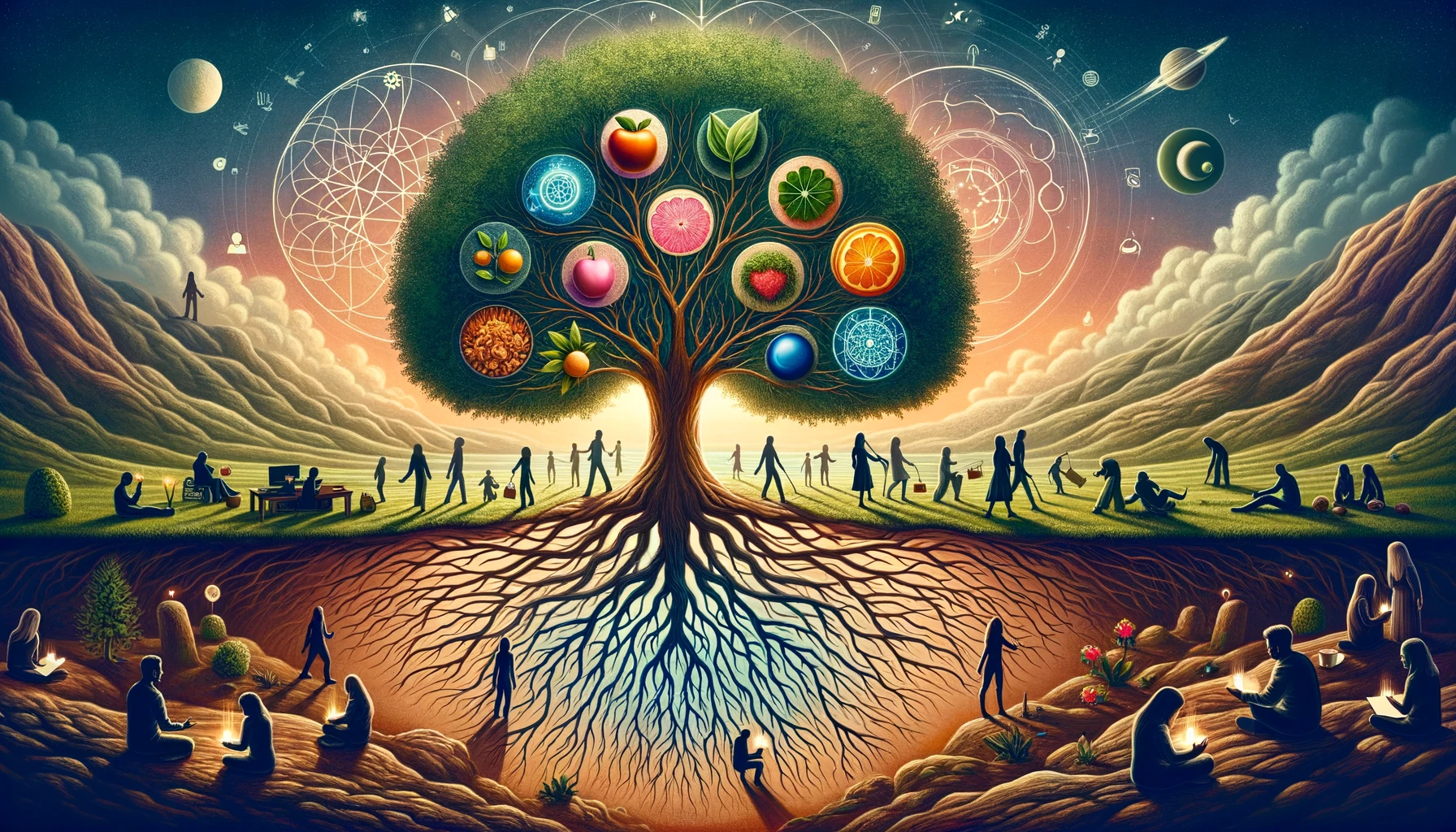
GIVING
11-28-23 SESSION
This panel discussion on giving brought to light the nuanced perspectives of its nature and impact. One prevailing theme was the broad definition of giving, not just in monetary terms but encompassing time, effort, and emotional presence. This broadening of the definition challenges the conventional understanding of giving as purely financial, revealing a richer, more personal aspect of the concept. Interestingly, the discussion also highlighted a common internal conflict: the balance between caring for oneself and the altruistic desire to give to others. This paradox lies in the realization that one must be in a stable personal state to effectively give to others, intertwining self-care with generosity.
Another intriguing aspect of the conversation was the reflection of giving in various sectors like art, media, religion, and politics. In art, giving was perceived as a heartfelt expression, a sharing of the artist's inner world with the audience. Contrarily, in media, giving was often seen through a lens of skepticism, where motives behind philanthropic stories could be questioned. Religion brought another dimension, with giving framed as a fundamental pillar, fostering community and shared values. However, in politics, giving was viewed with caution, seen as potentially insincere or self-serving, revealing a stark contrast to the more noble perceptions in other areas.
The panelists also shared personal stories, illustrating the profound impact of giving on both the giver and the receiver. These narratives often reflected the joy and sense of connection derived from giving, yet they also touched on moments of disconnect, such as feeling overwhelmed by requests for help or misconstrued intentions. This dichotomy underscores a complex dynamic within the act of giving - it can be a source of immense fulfillment, yet also a trigger for introspection and self-questioning. The conversation ultimately circled back to the idea that giving is a deeply personal journey, varying in form and meaning from one person to another, rich in its contradictions and paradoxes.
Key Themes:
The Broad Spectrum of Giving
The conversation illuminated that giving extends far beyond financial aid, encompassing time, personal effort, and emotional involvement. This expanded definition underscores the variety of ways individuals can contribute to the well-being of others, highlighting the importance of personal presence and empathy in the act of giving.
Self-Care and Altruism Interplay
A recurrent theme was the delicate balance between self-care and the desire to give to others. Participants discussed the necessity of being in a sound personal state to offer meaningful support, suggesting that effective giving is as much about the giver's well-being as it is about the receiver's needs. This interplay between self-care and altruism adds a complex layer to the concept of giving.
Giving Across Different Contexts
The discussion explored how giving is perceived and practiced in diverse contexts such as art, media, religion, and politics. Each area presents unique perspectives on giving, from art's expression of personal experiences to the more scrutinized and often politicized nature of giving in media and politics. This theme showcased the varying manifestations and interpretations of giving in different societal sectors.
Personal Impact and Reflections on Giving
Personal stories from the panelists highlighted the emotional depth and impact of giving. These narratives revealed the joy and connection derived from giving, as well as the challenges and introspections it can provoke. The theme emphasized the dual nature of giving as a source of fulfillment and an avenue for self-discovery, illustrating its profound influence on both the giver and the receiver.
GIVING HIGHLIGHTS
GIVING ADDITIONAL ART
These images also emerged from this pannel’s conversation on the meaning and implications of giving and touched on the idea that perhaps the deepest form of giving is that of our time, attention, and our hearts.


















